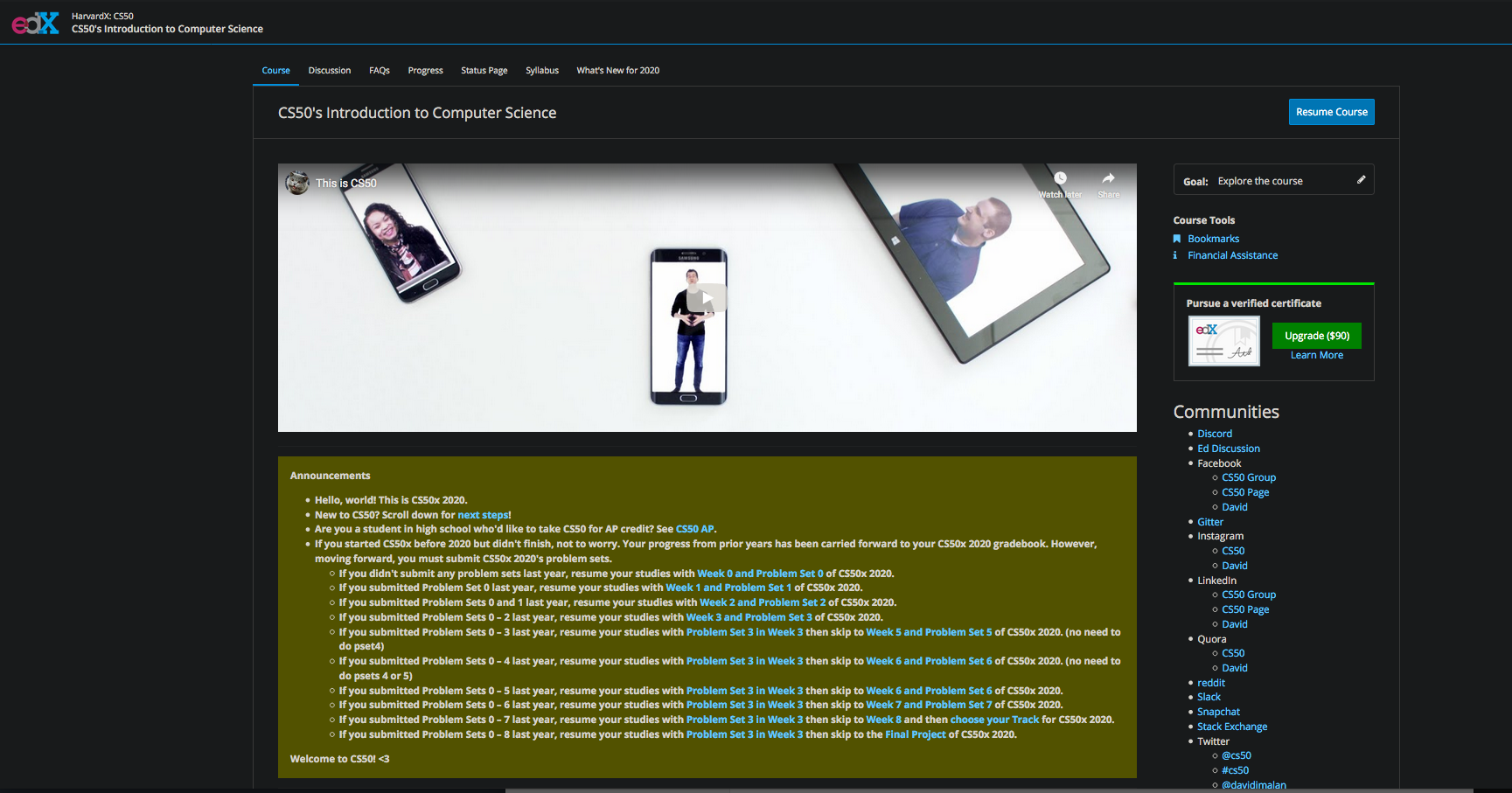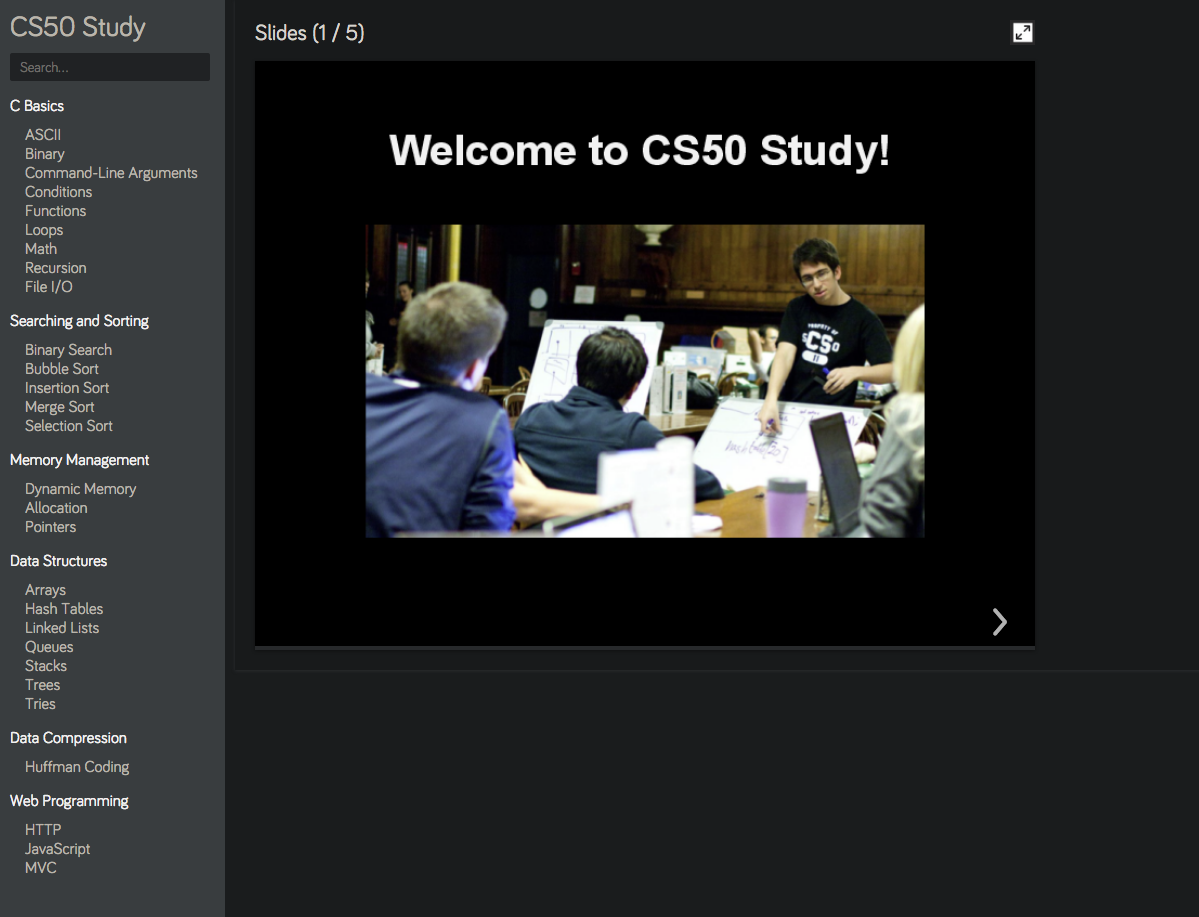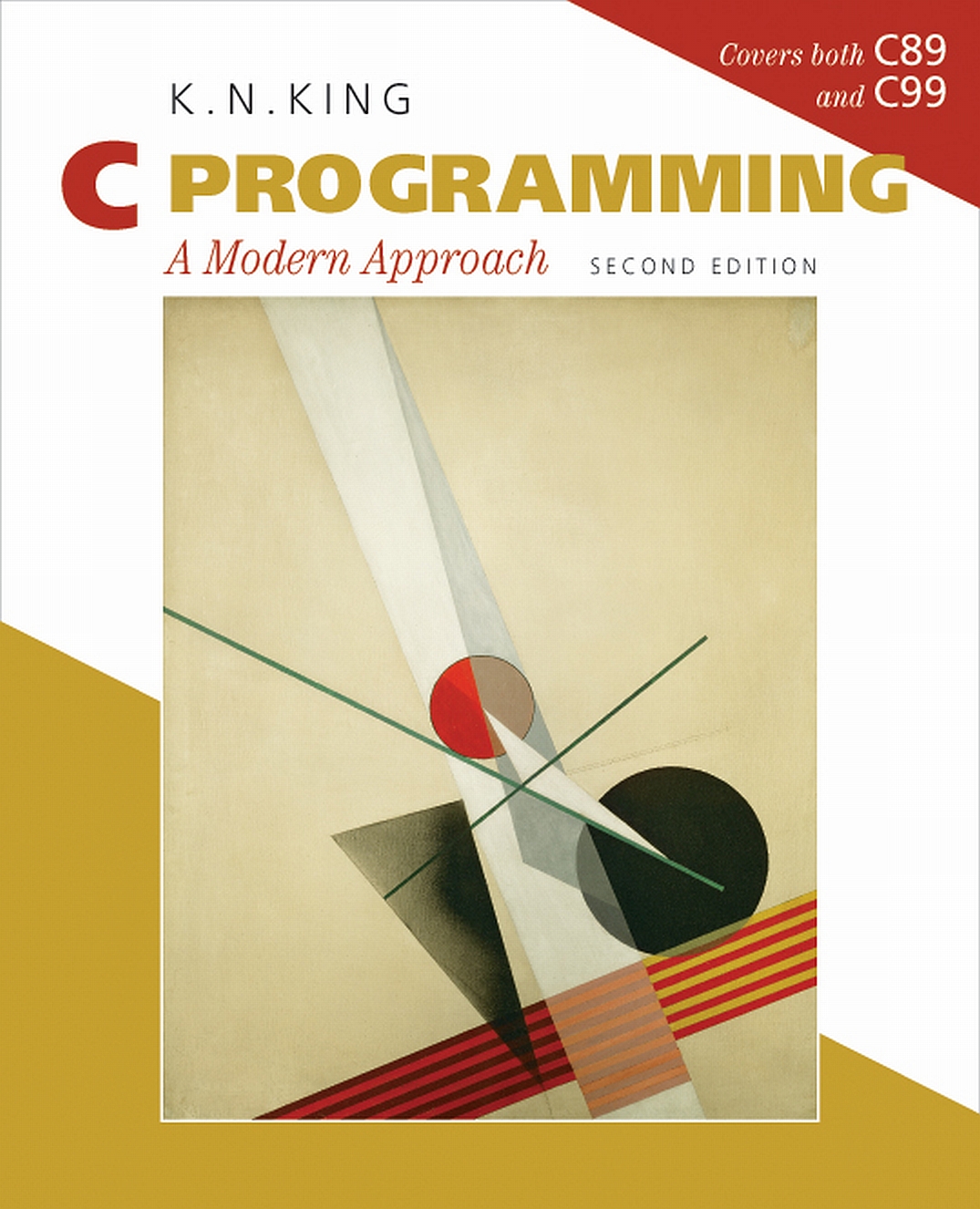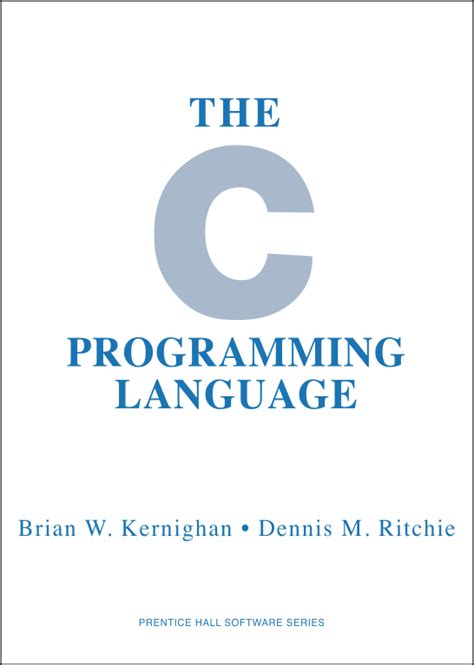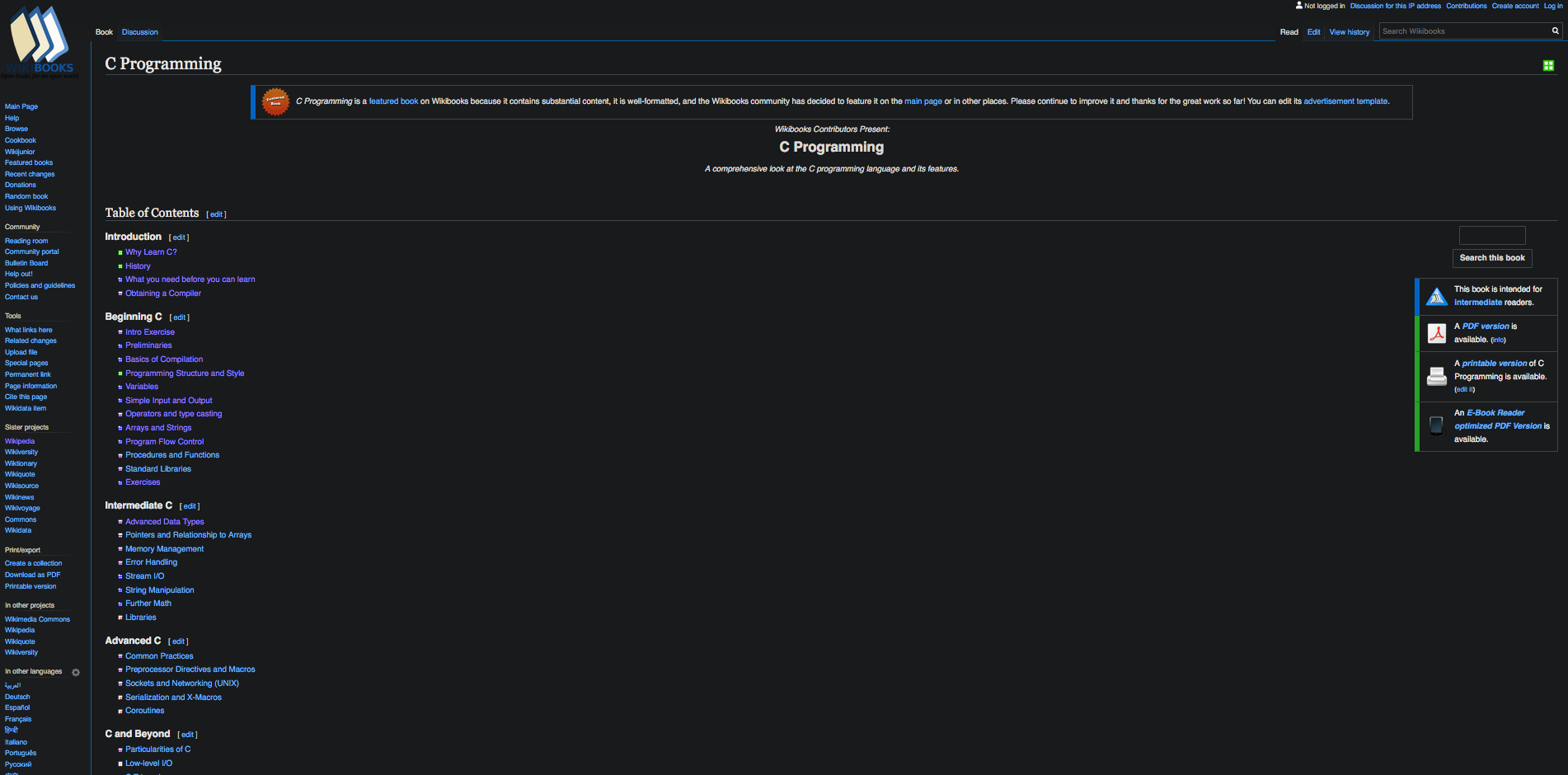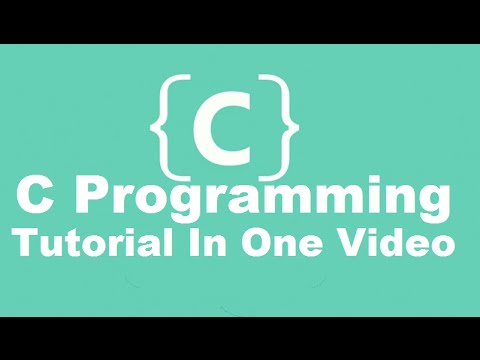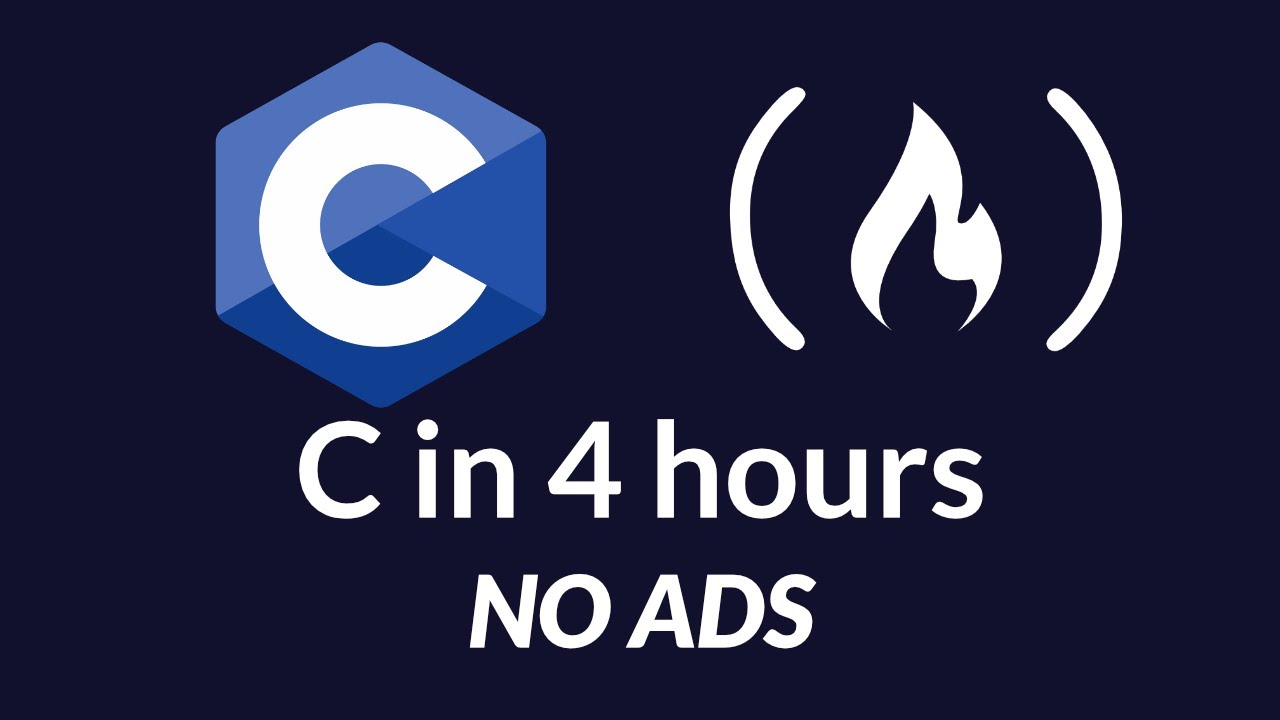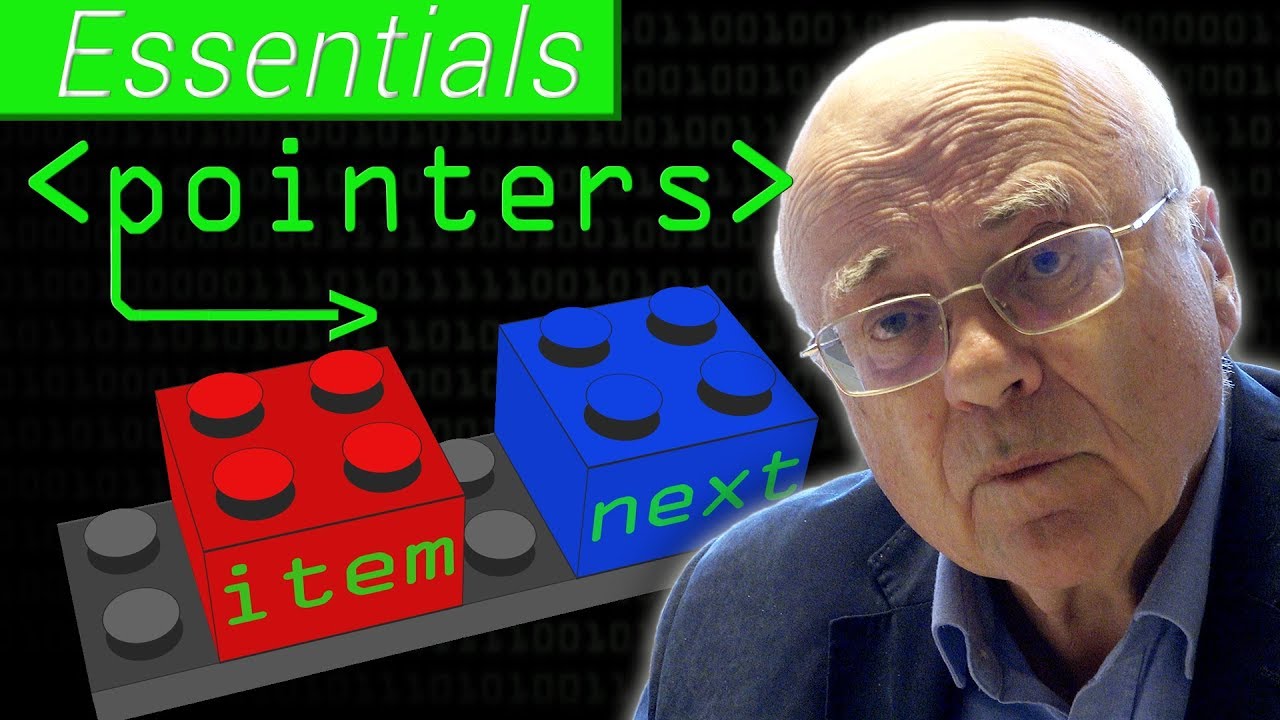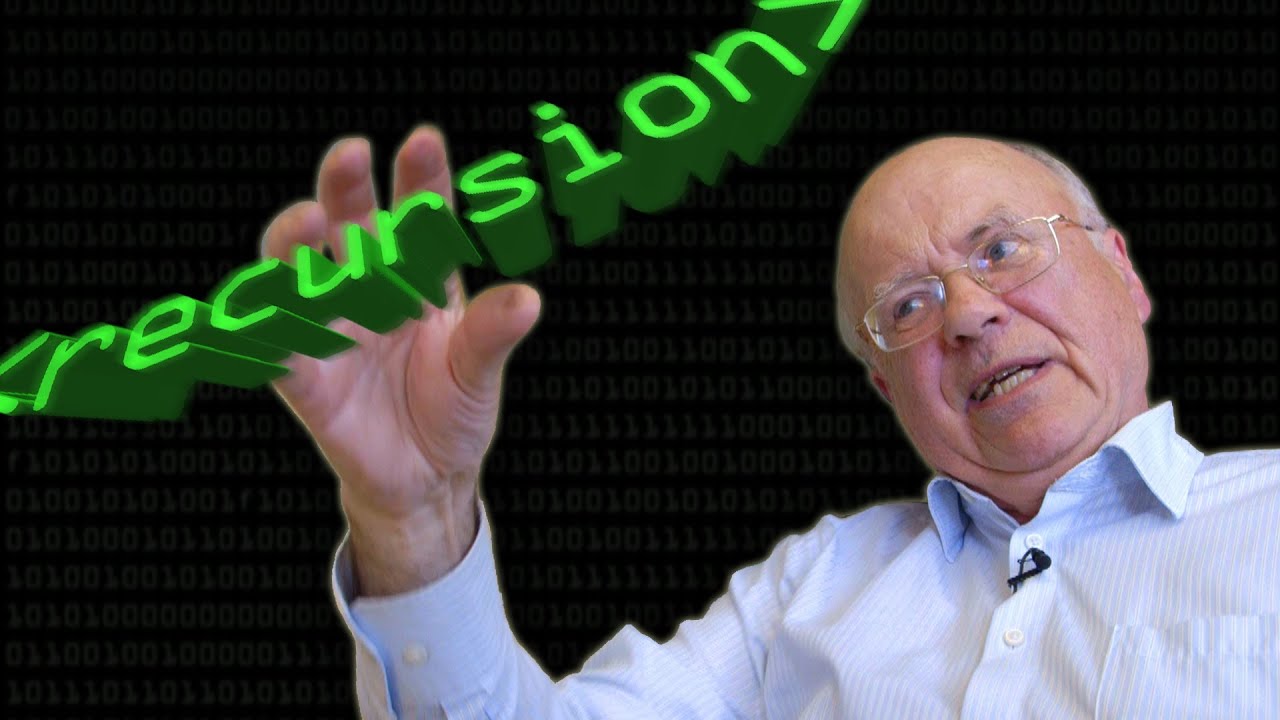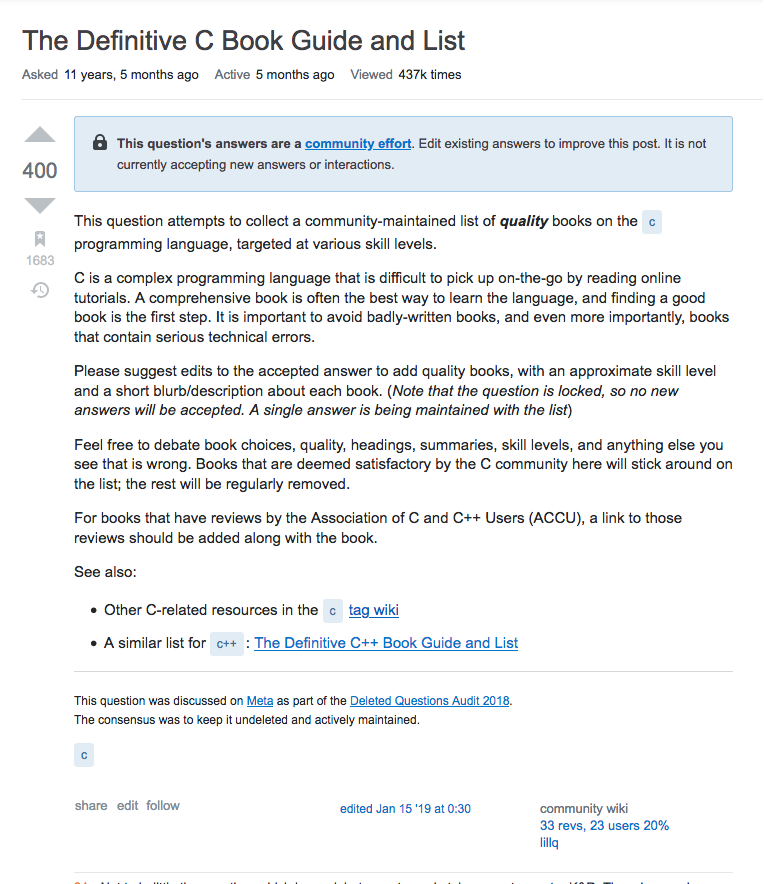The C Programming Language

The creator of C and co-developer of Unix.
This is the big one, the main focus taking up the majority of the Piscine and 42 Silicon Valley's curriculum, as well as being 42 SV's main programming language. There are lots of resources out there but for the most part, there are three main big ones that are useful. I won't go into much detail about C since every learning resource will go over it in better and more detail.
Whichever resource you choose, it's very important to not go to another tutorial unless that previous tutorial wasn't working at all. It's best to find a learning resource that works for you, then practice, practice, practice. Make programs, simple ones, big ones, little ones, whatever. Just keep making things. Similar to getting stronger by lifting weights, or getting more endurance with distance running, you need to practice programming to learn and cement your understanding.
CS50x
This is probably the most useful resource for someone looking to learn C first, especially without any background or previous experience in programming. It's a free online course from Harvard, an Introduction to Computer Science. It teaches the fundamentals and starts off with some abstractions that C doesn't give you but very quickly gets complicated, fast. I would suggest at a bare minimum, do the parts with Scratch and C. After that, it's up to you to continue since they use other languages. As a heads up, many people watch lectures of CS50x during the Piscine and the early parts of the curriculum as a student. Most students will recommend it in general.
C: A Modern Approach
A more modernized programming book, covering both C89/99 standards. In my opinion, it's good reference guide for its plain examples. It also has numerous exercises for every topic that it covers, so it's helpful cementing knowledge. While quite verbose, it has some very good explanations. Most questions one might have will be answered within the book and everything is explained in detail.
The C Programming Language
The main programming book for C programmers, straight from the creator's mouth and has his original documentation. It's recommended a lot on the internet for people new to C but do keep in mind who this book's primary audience was for when it was created. It was written the 70s/80s mostly for established programmers coming from different languages, who didn't have access to other types of learning material like we do today.
While it is possible to use this book to start off learning how to program in general, I wouldn't advise it due to the amount of time you'd spend googling basic things that other materials will explain more clearly. (e.g. Look at the chapter 1 histogram exercise) If you do decide to use this resource, consider using it before the Piscine or after to help solidify the fundamentals. Otherwise, this is an excellent reference guide and should be read by anyone interested in C in general.
Miscellaneous resources
Here are some various resources to start you off with if you learn differently. I would suggest watching the Computerphile videos about Recursion and Pointers if you're still not understanding them after a while. I've heard good things about the other two C programming tutorial videos, but haven't personally watched them in entirety. There's also a stack overflow post on a list of different C books if none that I've shown so far interest you.
